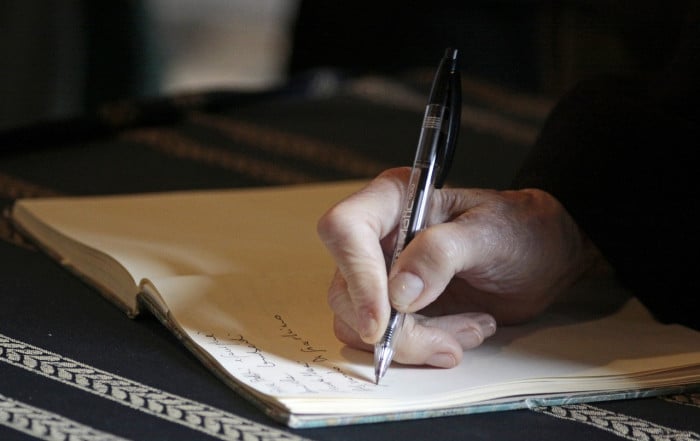On this page we offer you featured articles on notarial news. They are contents prepared by the equipment for the Notary Bosch-Bages of Barcelona.
Essential considerations of the will in cases of several marriages
A proper will is crucial to protecting the interests of multi-married families. Consult with our notary in Barcelona.
Golden VISA last chance
The Spanish Government announces the elimination of the "Golden visa", which grants residence to foreigners for purchasing a home in Spain.
De facto couple and stable couple
In Catalonia, the terms "common-law couple" and "stable couple" can refer to similar concepts, but it is important to understand the specific legal context in which they are used, as they may have differences in terms of [...]
Nullity of a will. How to annul a will
Annulling a will is a legal process that involves invalidating a document that expresses the last wishes of a person...
Trust in Spain
The trust in Spain stands out for being a very useful legal tool in testament planning.
What is a notarial deed
The notarial deed is an essential tool to guarantee the legality and authenticity of various types of documents and transactions
Arras according to the CCCat
How to sign a deposit contract when the buyer plans to use bank financing for the purchase? The first thing that must be stated is that in Catalonia there is a Civil Code [...]
Deposit and financing contract
THE DEPOSIT CONTRACT CONDITIONED ON FINANCING (commentary to the Judgment of the Barcelona Court No. 55/2023 of January 18, 2023). The facts are as follows. A foundation buys from [...]
Inheritance tax
The Inheritance Tax is one of the “oldest” taxes that exist in Spain and in the world. The origin of this Tax is found in the old "Tax on real rights" [...]
Notary activity
Notaries, also known as notaries public in some countries, are legal professionals who are authorized to grant public attestation of certain acts and contracts. Notaries are members of their territorial organizations. In the case of the Bosch-Bages notary we belong to the Notarial College of Catalonia.
These professionals perform a public function and guarantee the legality, security and authenticity of the documents and acts involved. Although the specific activities and responsibilities of notaries may vary depending on the jurisdiction and legal system of each country, the main activities typically include:
- Writing: Prepare, write and authorize public deeds related to acts and contracts, such as sales, donations, mortgages, wills, among others.
- Signature authentications: Verify and certify the authenticity of signatures on documents.
- Copy certification: Issue certified copies of original documents.
- Faith of life: Certify that a person is alive.
- Testamentary proceedings: Intervene in the creation of wills, as well as their formalization and safeguarding.
- company bylaws: Participate in the creation of companies, drafting and certifying the statutes and articles of incorporation.
- celebration of marriages: In some jurisdictions, notaries may be empowered to perform civil marriages.
- Notarial records: Prepare minutes that attest to events that they witness or are aware of.
- Legal advice: Offer legal advice on matters within their competence, although they do not act as trial lawyers.
- Document preservation: Safeguard the original documents in protocol and guarantee their conservation and access.
- Registration actions: Register or register certain acts or contracts in the relevant public registries, or facilitate their registration.
- Recognition of private instruments: Recognize and attest to the date, content and signature of certain private documents.
These are just some of the most common activities of notaries, but, as I mentioned above, their duties can vary depending on the country and the local legal framework. It is important to consult with a notary or local sources to accurately understand their responsibilities and powers in a specific jurisdiction.










